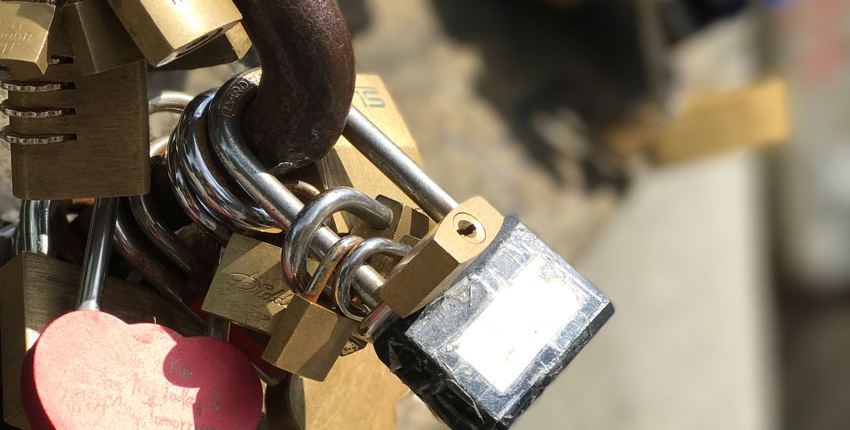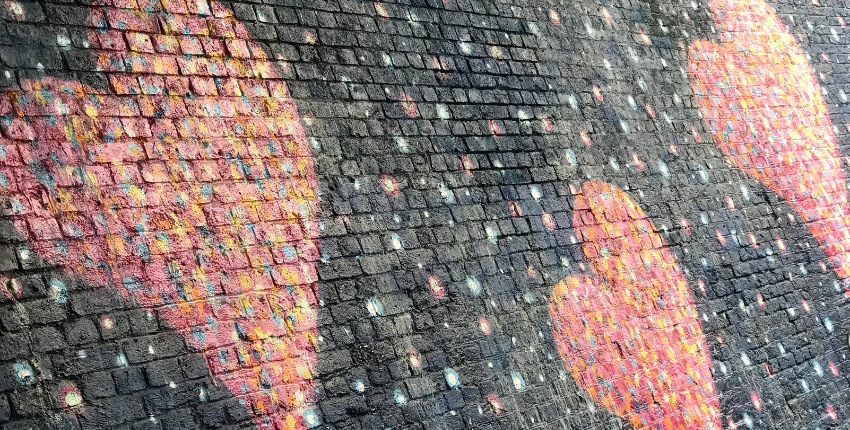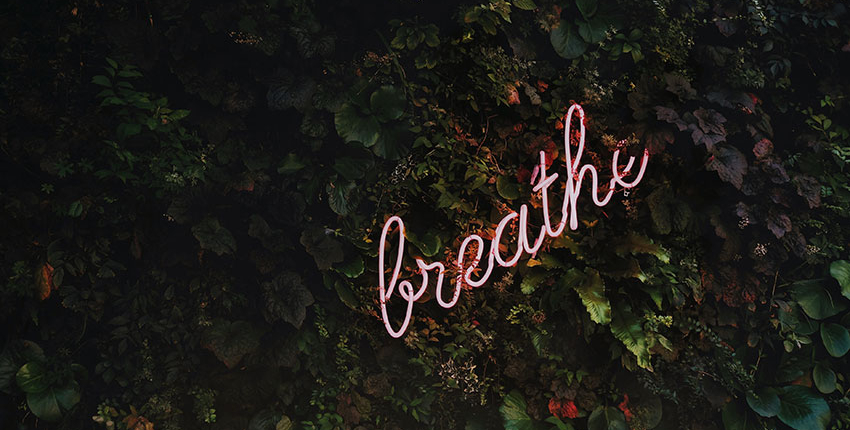I am triggered by…
Dear Self-healer,
Today I reached out with a hot topic in my hands: “Triggers”, even typing the word rise up made my heart beat a little.
Identifying my triggers was the key to unlocking my healing when dealing with eating disorders, I was diagnosed as “an emotional eater” as result of my anxiety and body disconnection. Eating compulsively was my nervous system reaction to my childhood unhealed experiences.
Through a friend’s recommendation I went to a phycologist specialist in food addictions supported with regular Reiki healing, daily meditation and self-healing.
What does it actually mean to be triggered?
When you are triggered, you are experiencing past emotional pain in the present moment. It may feel that you are having a strong emotional reaction that is out of proportion to what is actually happening.
As adults we typically become triggered by experiences that are reminiscent of old painful feelings. It’s like the reopening of a wound that hasn’t had a chance to heal. For example:
~ You could become angry when you genuinely think you are being told what to do if you have historically felt controlled.
~ You may become anxious whenever someone isn’t there for you if you have had emotionally unavailable parents.
~ You can sometimes panic when you are in a situation over which you have no control if you have a history of feeling helpless.
Why does being triggered feel so awful?
When we experience a trigger, our bodies start a complex self-defence process that gets us prepared to fight, run away, or freeze. This is your nervous system action to keep you safe when facing hypothetic danger.
Then, we get a rush of adrenaline, and stress hormones like cortisol run through our bodies and brains. When our stress hormones come out. We often forget how to deal with things in a healthy way and end up reacting instead of responding.

How do we identify triggers?
Identifying our triggers is a 3-step process:
1.- Notice the Internal Shift. Our intense emotions and dysregulated nervous system can make it hard to figure out what exactly made us react so strongly. Go back and try to figure out when you went from “okay” to “not okay.” That’s your trigger.
What made me feel that emotion? What did your boss say?
Something in the news? Someone sent you a text? What was the last thought?
2.-Name Your Feelings. Think about how you felt when you were triggered. Our emotional experiences start in the body and then move to the mind. For example, sadness might feel like a weight in your chest, and shame might feel like a pit in your stomach.
Were you sad, worried, scared, or angry?
Getting in touch with how your body feels.
3.- Get to know your Trigger, be curious. By asking yourself open questions you can get to the root of your triggers: When in my life, have I experienced something like this?, What does it remind me of? Are the feelings familiar?, What thoughts come with the emotions?, Is there a specific event from my childhood that stirred up similar emotions?

Four Ways to Self-Regulate when You’re Triggered
1.-A deep sigh. Take a few seconds to slow down and breathe when you feel like your emotions are about to go on a roller coaster ride. This will help calm your body. A deep sigh is a natural way for your body and brain to let go of stress and reset your nervous system.
2.- Take a breather. When we’re upset, it can be hard to see things clearly, so remember that it’s OK to take a step back and let yourself calm down. You can stop talking, put down your phone, or leave your computer. Whatever you need to get yourself back on track and in balance.
3.- Journalling. When we’re triggered, our minds might go bananas, so offering them a space can help. Journaling can help us process emotions and make sense of them. Just write whatever comes first to mind.
4.- Accept your feelings. You have to feel it to heal it, so be kind and compassionate with yourself and try not to criticize your feelings. Triggers often allow us to grieve more deeply and heal old wounds. They can be your friend.

Self-talk is usually understood to be a mix of conscious and unconscious beliefs and preconceptions about ourselves and the world.
We’re all regular monologuers, whether out loud or in our heads. What you say to yourself creates a vibration in your body that influences your thought and your healing action.
Dear self-healer, I won’t say goodbye without saying that you are not alone in this journey.
Please reach out for support! We are in this journey together! We walk the path of healing together!
With Love & Reiki,
Maria Alfaro.
 maria-alfaro-saraswatis-universe
maria-alfaro-saraswatis-universe maria-alfaro
maria-alfaro
Leave a Reply
Want to join the discussion?Feel free to contribute!